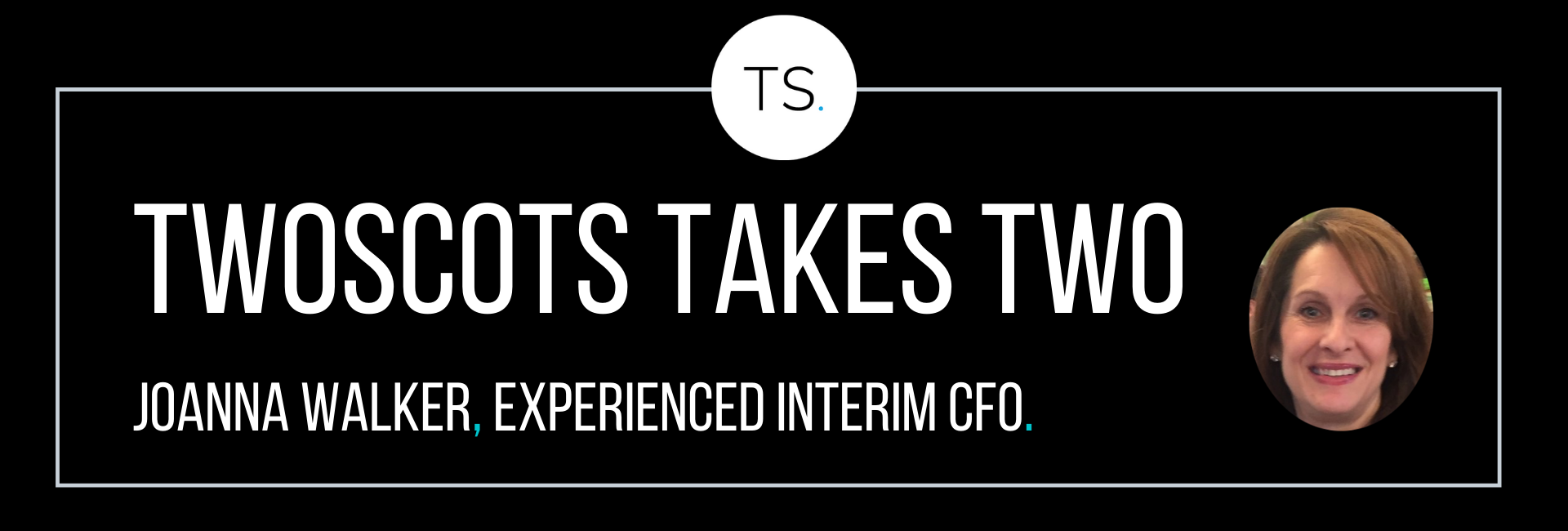Working as an interim CFO
‘I’ve just recently finished up with Total Tools after being with them for twelve months as their Interim CFO. My career over the last 3 or 4 years has taken me down the path of interim CFO roles, which are a little bit different to permanent CFO roles as they are usually based on a key need for change or crisis management.
The core attributes of someone who can take on that kind of interim role are courage, flexible leadership, emotional intelligence, change management and being able to quickly assess a situation or problem. Technical finance skills are a given. Leadership styles become important depending on the agenda. Having a collaborative style together with proposing a vision quickly is also vital in aligning teams.
The major difference between the role of an interim CFO and a CFO working in an organisation for a long while is the pace of change required in a shorter period or being brought in to solve a specific problem. I have often been engaged to realign finance teams, introduce new skills or manage a specific problem either during a period of crisis or when the business model is evolving.
When an organisation is about to undertake change all sorts of emotions come into play with individuals as they embrace uncertainty. Being able to wear a different leadership hat to suit the situation is critical. During COVID-19 this has become more visible as leaders have had to remain calm whilst still pursuing growth. Earning trust quickly is also vital.
By way of example, my recent interim role at Total Tools required me to redesign the finance team following the organisation’s decision to abandon an IPO. I was hired post this decision by the board (and departure of prior CFO) to assist the CEO with rebasing the business, resolve specific commercial and governance issues and embark on a sale process. Therefore the finance team’s skills needed to be reassessed; particularly as some staff were recruited to support the IPO and so the mood was of uncertainty and anxiety. This environment requires not only being able to assess the team’s ability, but also to understand their motivation during a time of uncertainty.’

